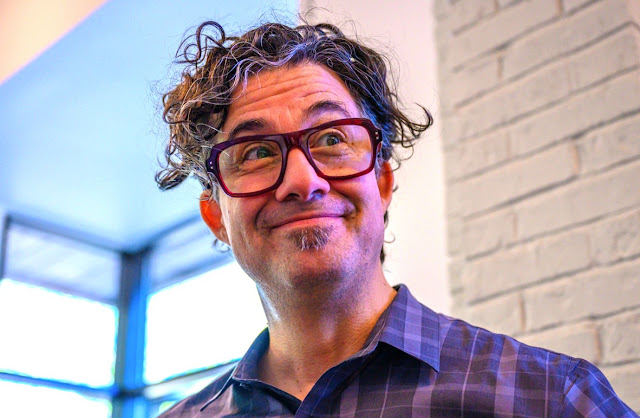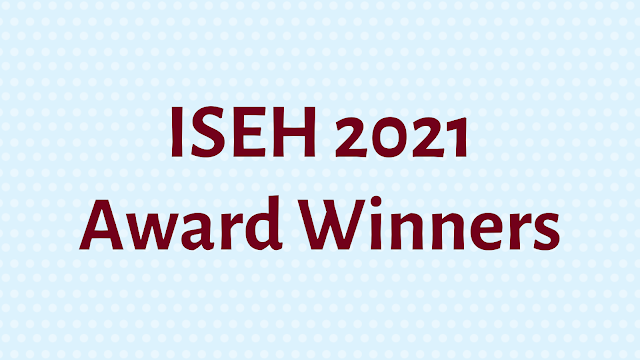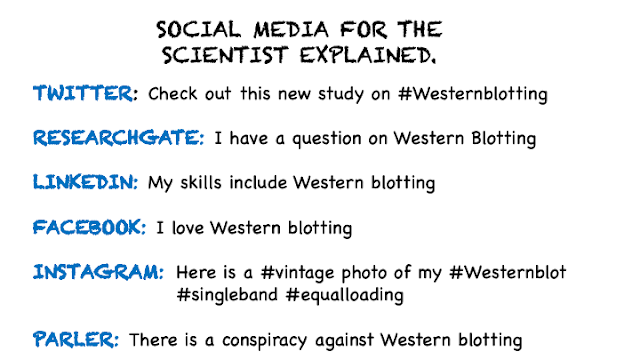Message from the President: 2021 Society Updates

Dear Friends and Colleagues, I write this message reflecting upon what was an unprecedented time for hematology and hematology researchers. Looking back on last year, I am truly amazed by how our Society reacted to our member’s experiences with lab shutdowns, socioeconomic upheaval in reaction to political injustice, travel restrictions and economic hardships. This period may compare to the years in which the society was founded (early 1970s), when concerns about nuclear disasters fueled radiation research, hematology and the further development of concepts around hematopoietic stem cell biology. Not only did we come together as a community this last year and implement many new initiatives to support our members, but we re-organized our annual meeting with short notice to adapt to the new virtual reality, and now are forging ahead with a new improved ISEH virtual 2.0 meeting for 2021. In this last year, many of our members have also independently developed new meeting and seminar forum...






